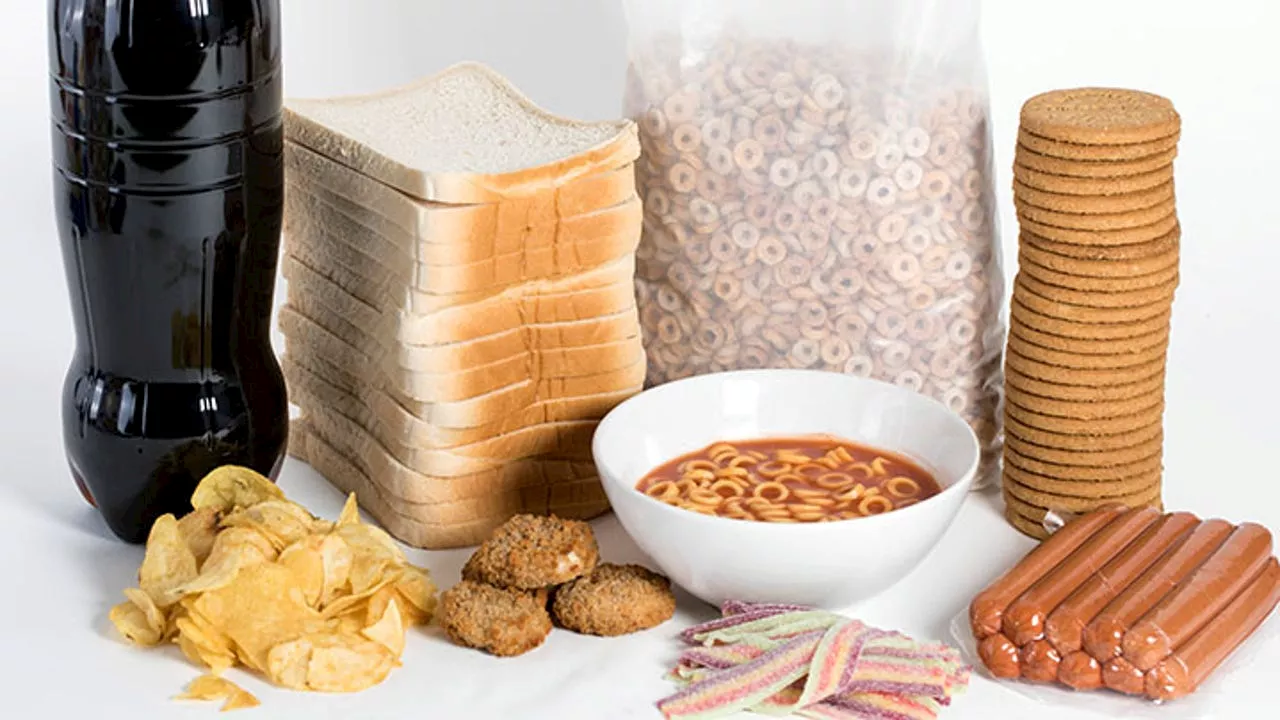Health
New Study Connects Ultra-Processed Foods to Colon Cancer Risk in Young Adults

A recent study has established a significant connection between the consumption of ultra-processed foods and an elevated risk of developing precursors to colon cancer in young adults. The research, conducted by experts at the Mass General Brigham Cancer Institute, analyzed data from nearly 30,000 healthy women and revealed that those who consumed higher amounts of these foods were more likely to develop colon adenomas, which are precursors to colorectal cancer.
Ultra-processed foods typically include items such as boxed soups, frozen meals, and snacks that contain industrial ingredients not commonly found in home kitchens. According to public health estimates, these foods constitute approximately 70% of the average American diet, reflecting a dietary trend that has persisted since the 1970s.
Dr. Katherine Van Loon, a professor at the University of California, San Francisco and director of the UCSF Global Cancer Program, emphasized the study’s importance in addressing the rising incidence of colorectal cancer among younger individuals. “Every patient in my clinic is very, very young,” she noted. “While we see decreasing rates in people over 45, we are witnessing a troubling increase in younger populations. This is leading to a rising mortality rate from what is otherwise a preventable disease.”
Previous research has linked early-onset colorectal cancer to factors such as obesity, Type 2 diabetes, sedentary lifestyles, and diets high in red and processed meats. However, Dr. Van Loon pointed out that many of her younger patients do not fit these traditional risk profiles, highlighting the need for deeper investigation into the causes of this alarming trend.
While the study did not specify individual food items, the general category of ultra-processed foods encompasses convenient products that many Americans became accustomed to throughout the late 20th century. Dr. Van Loon expressed optimism that it is not too late for individuals to change their dietary habits to mitigate health risks.
“We know from tobacco research that when someone stops smoking, their cancer risk decreases,” she explained. “This suggests that similar interventions could reverse the negative impacts of years of consuming ultra-processed foods.” She recommends prioritizing fresh foods, including vegetables and unprocessed meats, as well as advocating for colorectal cancer screenings for anyone aged 45 or older.
Additionally, Dr. Van Loon stressed the significance of recognizing symptoms at any age. “If someone is experiencing bowel changes, blood in their stool, abdominal pain, cramping, or unexplained weight loss, they should see a doctor,” she urged. “Being under 45 does not exempt someone from needing medical attention for these symptoms.”
The study’s findings underscore the necessity for increased awareness and proactive measures to tackle the concerning rise in colorectal cancer diagnoses among young adults. By adopting healthier dietary choices and prioritizing preventive health measures, individuals may be able to reverse this troubling trend.
-

 Lifestyle4 months ago
Lifestyle4 months agoLibraries Challenge Rising E-Book Costs Amid Growing Demand
-

 Sports4 months ago
Sports4 months agoTyreek Hill Responds to Tua Tagovailoa’s Comments on Team Dynamics
-

 Sports4 months ago
Sports4 months agoLiverpool Secures Agreement to Sign Young Striker Will Wright
-

 Lifestyle4 months ago
Lifestyle4 months agoSave Your Split Tomatoes: Expert Tips for Gardeners
-

 Lifestyle4 months ago
Lifestyle4 months agoPrincess Beatrice’s Daughter Athena Joins Siblings at London Parade
-

 World4 months ago
World4 months agoWinter Storms Lash New South Wales with Snow, Flood Risks
-

 Science4 months ago
Science4 months agoTrump Administration Moves to Repeal Key Climate Regulation
-

 Science3 months ago
Science3 months agoSan Francisco Hosts Unique Contest to Identify “Performative Males”
-

 Business4 months ago
Business4 months agoSoFi Technologies Shares Slip 2% Following Insider Stock Sale
-

 Science4 months ago
Science4 months agoNew Tool Reveals Link Between Horse Coat Condition and Parasites
-

 Sports4 months ago
Sports4 months agoElon Musk Sculpture Travels From Utah to Yosemite National Park
-

 Science4 months ago
Science4 months agoNew Study Confirms Humans Transported Stonehenge Bluestones









